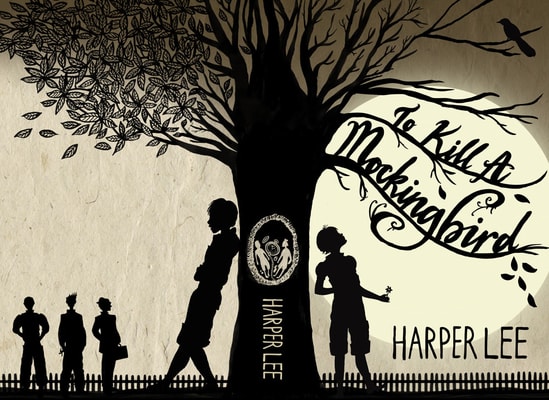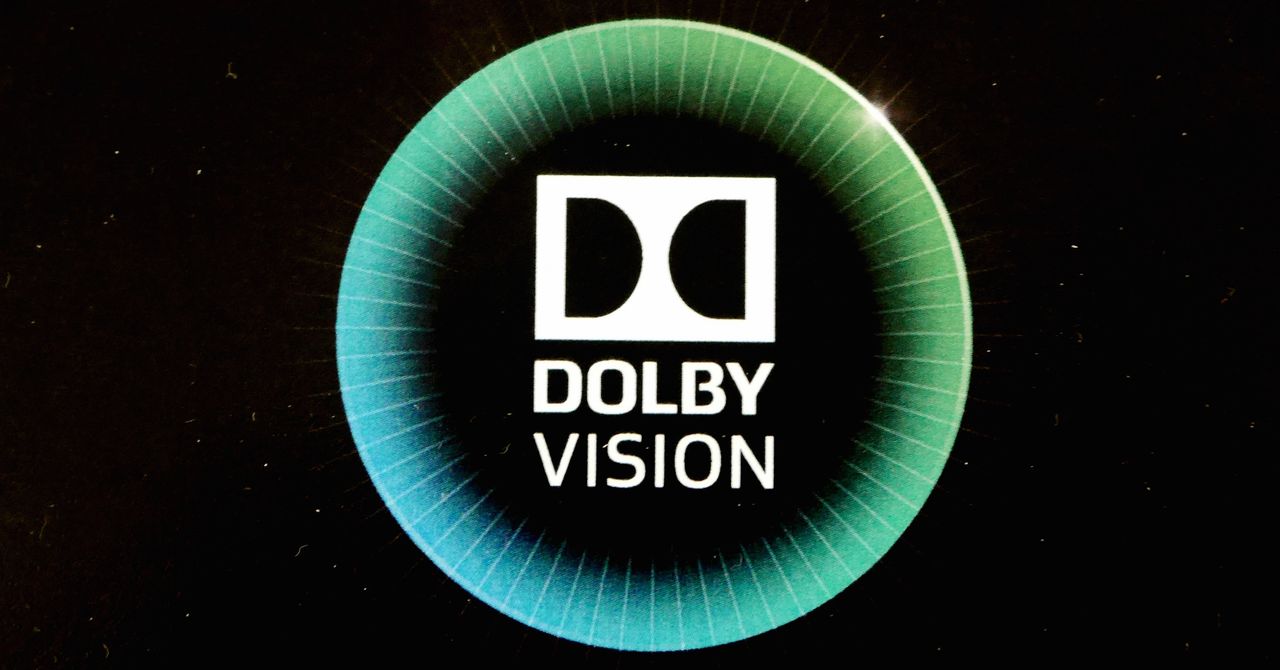
In a recent decision, the book To Kill a Mockingbird was banned from the reading list of a school district in Biloxi, Mississippi. Usually, books are banned because they are controversial in some way. The Catcher in the Rye was famously banned because it was deemed “unacceptable, obscene, blasphemous, negative, foul, filthy and it undermines morality”. But who is making that decision? Who determines that it’s blasphemous? But this isn’t the first time that Mockingbird has been banned. It had been previously banned because it was believed to be a degrading, profane and racist piece of work that promotes white supremacy. The question I would like to explore today is whether or not those motifs are true.
If you’re not familiar with Mockingbird it is about a lawyer, Atticus Finch, and his family. The book takes place in Alabama during the Great Depression. The book is narrated by Atticus’ daughter, Scout. Atticus takes on a high profile case involving a black man named Tom Robinson. Tom has been accused of raping a very poor white girl. The entire Finch family faces harsh criticism in their heavily racist town because of Atticus’ decision to defend Tom. Atticus insists on taking the case. He knows Tom is innocent, but there is almost no chance of being acquitted because the jury is all white, and they would never believe a black man over a white woman.

When it comes to the book being banned, it makes sense because of the theme of white supremacy. But what doesn’t make sense to me is why. In this case, the book is highlighting the fact that white supremacy existed in the south during that time. And let’s be honest, it still does in some ways. What the book doesn’t do, however, is promote white supremacy and that’s where I think the line should be drawn. Further, I think the fact that it makes some people uncomfortable is great. It should. The book demonstrates what it was like for a person of colour to live in the south during the Depression. The entire premise of the book is Atticus defending a man who is going to jail, regardless of whether or not he committed the crime. Why? Because the entire jury is white, and the defendant is black. So yes, that should make you uncomfortable. But maybe not in the way that you think.
It makes me uncomfortable for a different reason than I expect it does for some people in Mississippi. There is some language in the book that is racist. And while I don’t condone that kind of language, I wonder if it’s necessary to understand what it was like during that time in terms of racism. Should those words have been used? I can’t honestly say. On one hand I strongly disagree with the use of that type of language altogether, but on the other hand, perhaps it paints a picture for some. A picture that gives them a glimpse into the reality of the time period. Or maybe it fuels the fire?
The book was removed from a school district in Virginia about a year ago. A school in Texas gave out an alternate assignment after a complaint in 2012. The book was also banned in Ontario in 2009 for similar reasons. The book deals with many themes including racial prejudice, social prejudice, the loss of innocence and even vulnerability. I don’t agree with the decisions to ban this book just because it makes some people uncomfortable. The book demonstrates a time in our not so recent history, that shouldn’t be forgotten. This might suggest that I think we should hold on to the past. Which isn’t the case. If we forget how things were, we may end up regressing. And maybe that’s what happening in society now?
I leave you with Atticus Finch’s closing arguments from the 1962 movie version. It’s a long video clip, but I think it summarizes the main themes of the novel.



